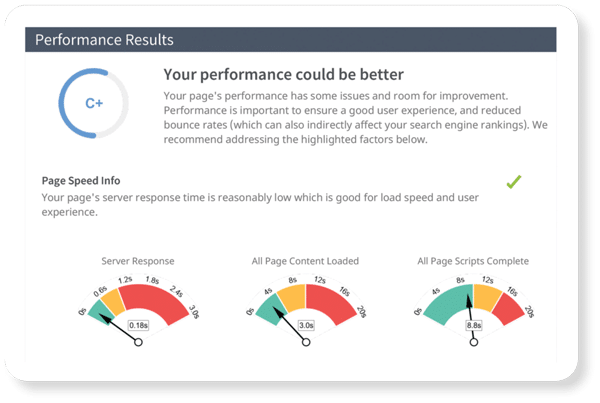According to American Medical News, many physicians are reporting increased patient anxiety due to the self-diagnosis of serious diseases via information found on the web. The abundance of health information on the Internet—some of which is unreliable—is contributing to a new phenomenon called “cyberchondria.” As AMN explains, cyberchondria is “an unfounded anxiety concerning one’s wellness brought on by visiting health and medical websites.” Read the full article for more information.
How can you use the Internet to prevent self-misdiagnoses?
1. Use your social networking profiles to urge patients to ask questions. Your patients and potential patients are constantly using social networking sites; make yourself available on Facebook, Twitter and Google+ as a source for answers.
2. Use a blog to share informative answers to your most frequently asked questions.
3. Encourage patients to learn the facts about their health. Try asking health trivia questions on Facebook to get patients interacting and learning.
As a physician, you hold the answers to many of the questions your patients are asking on the Internet. Making yourself a resource for accurate information is a great way to not only prevent patient cyberchondria, but also to establish credibility as a trustworthy source of healthcare information.
Have you ever experienced patient self-misdiagnosis? What steps did you take to relieve their worries?

